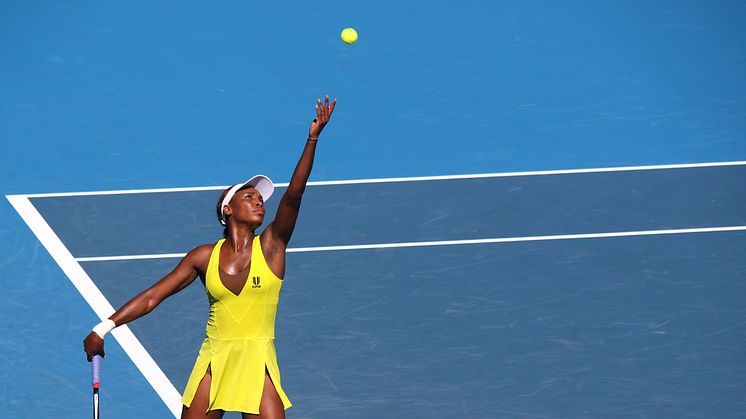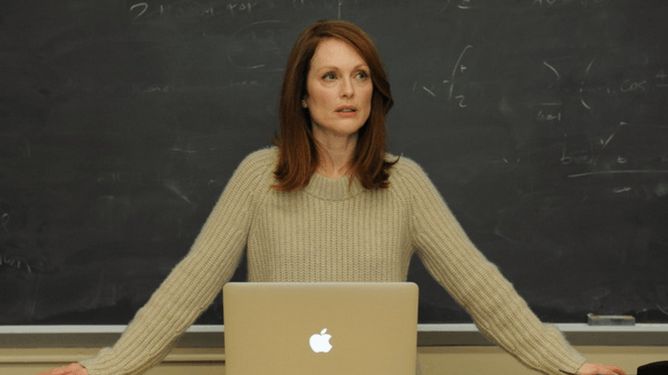
Press release -
What makes an expert
A leading psychologist at Northumbria University, Newcastle believes that the human brain is adaptable enough to enable anyone to become an expert if they practice correctly.
In the first book looking into the brains of experts, ‘The Neuroscience of Expertise’, Professor Merim Bilalic says practice does make perfect, but only the right kind of practice - deliberate practice which consists of focused activities in a single aspect of performance, accompanied by feedback to help their improvement. It’s this repetitive practice in their area of expertise in which there is little change that enables them to be masters of their trade – not a natural skill.
He says that an expert’s brain will have stored numerous outcomes, options and eventualities due to the years and years of practice they have undertaken in mastering their area of expertise and this enables experts to respond almost automatically without even thinking about it.
He says that once experts encounter a new situation, they inevitably and automatically look for similar patterns in their memories. This process enables experts to quickly perceive situations as they unfold and is the reason behind their superior memory performance. He said there are no shortcuts to expertise and that no matter how intelligent, quick, or powerful people are, they will have to put in time to achieve the outstanding performance that we associate with experts.
Merim gives examples. He says that with Serena Williams’ serve regularly reaching 120mph it does not allow a novice enough time to perceive and react to it and the best tennis players not only return serves on a regular basis but also launch their counter attacks at the same time in milliseconds; which does not give enough time to realise or analyse what is happening or to think about how to respond. He also says that the best chest players, known as grandmasters, need only a few glances to spot a promising solution which would take the most powerful computer an eternity to go through all the possibilities. On a day to day basis he also highlights that experienced radiologists require a mere split second to spot an abnormality in an X-ray, compared to a medical student.
He also states that whilst someone may be an expert in one field such as American football and have the physique of another sport, such as boxing it does not mean that they will make a great boxer.
Merim believes that the expertise cannot be transferred and cites an example where 1960s American footballer, Jim Brown, wanted to become a boxer. Upon meeting Mohammed Ali in London and after 30 seconds of trying to hit Ali he gave up and after a swift one two from Ali decided to change his plans to become a boxer.
Merim said: “Expertise is the pinnacle of the human brain’s accomplishment. There is nothing more complicated for the brain to accomplish than to support experts’ outstanding performance. Whilst many of people could become experts only a handful will. This is because to become an expert, you need to practice enough, and it usually means dedicating our lives to it.”
‘The Neuroscience of Expertise’ is published by Cambridge University Press and examines the ways in which the brain accommodates the incredible feats of experts.
Merim Bilalic is a Professor of Cognitive Psychology at Northumbria University, Newcastle. He has previously held research and teaching positions at Humboldt Universitat zu Berlin, Brunel University, Eberhard_Karls-Universitat Tubingen, Germany and Universitat Klagenfurt, Austria. His research on problem solving biases in experts won the Award for the Outstanding Doctoral Research Contribution to Psychology from the British Psychology Society in 2008.
Topics
Categories
Northumbria is a research-rich, business-focused, professional university with a global reputation for academic excellence. To find out more about our courses go to www.northumbria.ac.uk
Northumbria is ranked in the world's Top 150 Under 50 - Times Higher Education's ranking of the top 150 global universities established after 1966.
Northumbria University’s Psychology courses achieved 94% satisfaction in the National Student Survey 2016.
If you have a media enquiry please contact our Media and Communications team at media.communications@northumbria.ac.uk or call 0191 227 4571.







